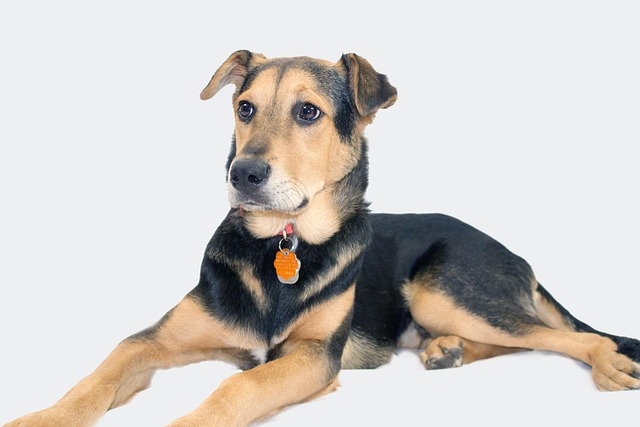
Why is the dog shaking in the cage?
Ever found your dog trembling inside their cage and felt that pang of worry? That shivering isn't just a random twitch—it’s your dog’s way of sending out an SOS.
When your Husky wags its tail and bounds toward you, ready for a hug, only to be met with an overpowering odor that makes you recoil, it’s hard not to feel a little frustrated. Why does this "smiling angel" from Siberia come with such an unpleasant scent? In reality, every whiff carries a message—whether it’s a call for better hygiene or a warning about health. Understanding the causes of your Husky’s odor and addressing them with science and care can turn those fluffy hugs back into warm, welcoming moments—not nose-wrinkling experiences.
First, it’s important to know that Huskies, as working dogs, naturally have thick skin and a double coat. This "natural armor" protects them from harsh Arctic winds but can also become a breeding ground for odors. Oil secretions, trapped dirt, and sweat in skin folds create a distinct musky smell. Think of it like wearing a down jacket during a workout—without proper cleaning, the dense fur can "ferment" and intensify over time. One owner complained about their Husky’s overwhelming "dog smell," only to discover deeply embedded grime in its coat—proof that the issue wasn’t the dog itself, but a lack of proper grooming.
"Poor skin hygiene" is the most common cause of strong odors. Huskies have a neutral skin pH, and using human alkaline shampoos can disrupt their skin barrier, leading to excess oil production and worse smells. One owner used their own shampoo on their Husky for years, resulting in greasy skin and worsening odor. Switching to a pet-specific, pH-balanced shampoo improved the smell within weeks. Bathing frequency also matters: too often strips natural oils, causing dryness and bacterial growth; too seldom allows grime to accumulate. The ideal schedule is every 2–3 weeks in summer and monthly in winter. A sled-dog groomer recommends thoroughly brushing before baths, using diluted shampoo, and finishing with conditioner—this routine keeps their coat fresh and odor-minimized.
"Ear and oral hygiene" are often overlooked odor sources. Those perky ears may look adorable, but they trap wax and moisture, leading to infections with foul smells. One owner noticed their Husky scratching its ears constantly—a checkup revealed ear mites, and treatment eliminated the stench. Clean ears with pet-safe solution, massaging the base to let your dog shake out debris, then wiping the outer ear. Dental issues are another major culprit: tartar and gum disease cause rotten breath. One Husky fed only soft food developed severe gingivitis, making its breath unbearable. A dental cleaning and switch to dry food restored its confident grin. Brushing 3x weekly with pet toothpaste and offering dental chews prevents oral odors.
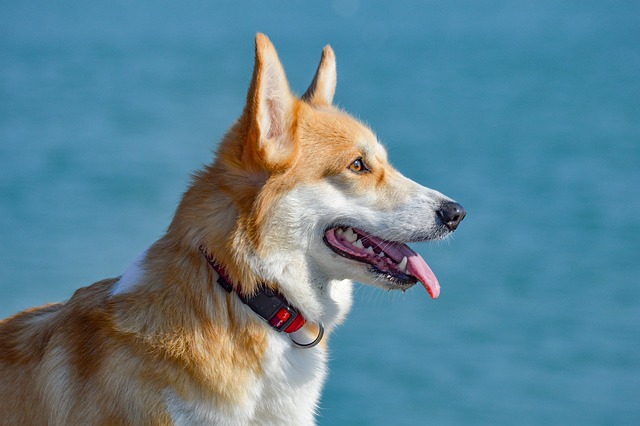
"Anal glands and digestion" directly impact body odor. Without enough exercise, a Husky’s anal glands can’t empty naturally, leading to a rancid, fishy smell. One apartment-bound Husky left a trail of stench every time it sat down—until a vet expressed the clogged glands. Regular runs and play help glands self-empty; persistent odor may require manual expression. Digestive problems like diarrhea or gas also worsen body smell. A Husky with food allergies had constant diarrhea and a strong odor until switching to hypoallergenic food + probiotics. This shows how internal health manifests externally—fix the gut, fix the smell.
"Environment and habits" play supporting roles in odor control. Wash bedding regularly—sunlight’s UV rays are nature’s deodorizer. One owner sun-dried their Husky’s bed weekly, allowing longer gaps between baths without added stink. Dampness breeds mildew (a musty coat culprit), so a dehumidifier helps in humid climates. Daily brushing is key: 10 minutes with an undercoat rake and slicker brush removes trapped dirt and distributes skin oils. One diligent owner’s Husky smelled fresher than its siblings—proof that brushing "aerates" the coat, preventing odor buildup.
With patience and these methods, your Husky’s scent will mellow into something more pleasant—that sunny, hug-ready smell returning. Remember, some natural odor is part of their charm; we target abnormal smells, not their canine essence. Each gentle ear wipe, thorough brush, or dental check deepens trust. As one owner put it: "When I stopped complaining and started caring for its hygiene, my dog’s eyes grew more devoted."

Ever found your dog trembling inside their cage and felt that pang of worry? That shivering isn't just a random twitch—it’s your dog’s way of sending out an SOS.
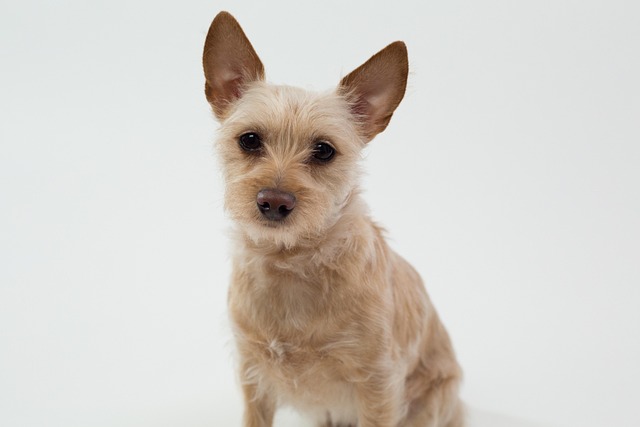
Sharing food with your furry companion feels like an act of love, right? Those pleading eyes under the dinner table are hard to resist.
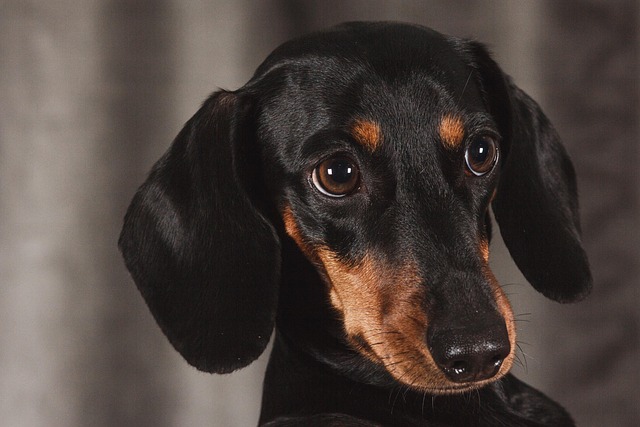
Coming home to chewed-through doors, frantic barking echoing from the neighbor's security cam, or a trembling, panting dog covered in drool – severe separation anxiety is heartbreaking.
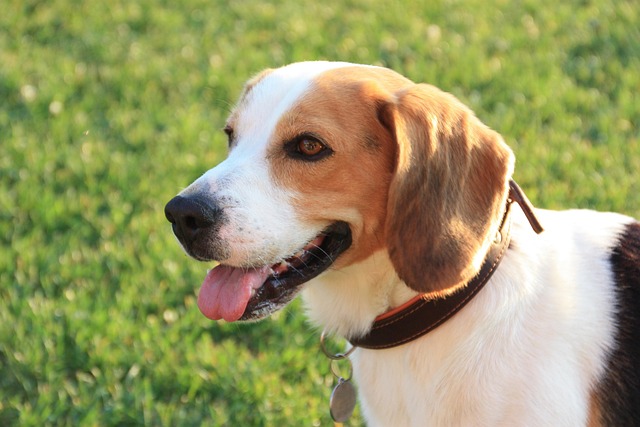
Picture coming home to find your coffee table chewed to splinters, your curtains shredded, and your Beagle trembling by the door—panting like they’ve chased a rabbit for miles.
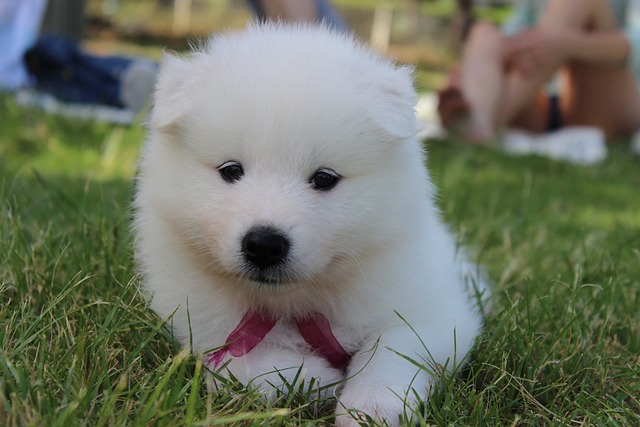
If you've ever cringed while picking up your dog's rock-solid poop, you're not alone. Hard, dry stools aren't just an unpleasant cleanup—they're a clear sign that your furry friend's digestive system is crying out for help.
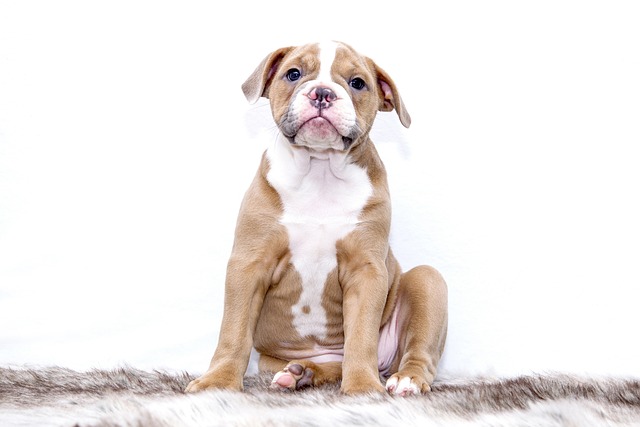
Let’s be real—when Fido leans in for a slobbery kiss and his breath smells like last week’s trash, your first instinct might be to grab your minty-fresh human toothpaste.